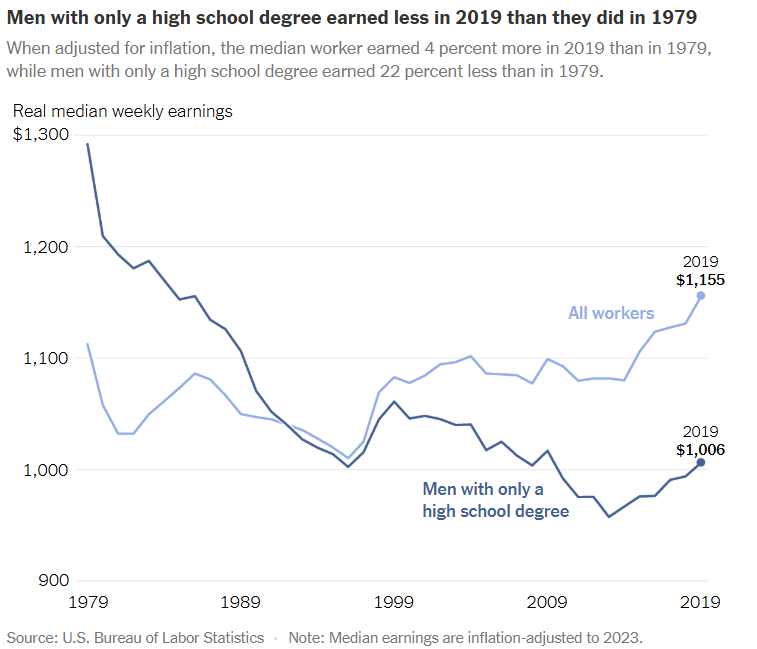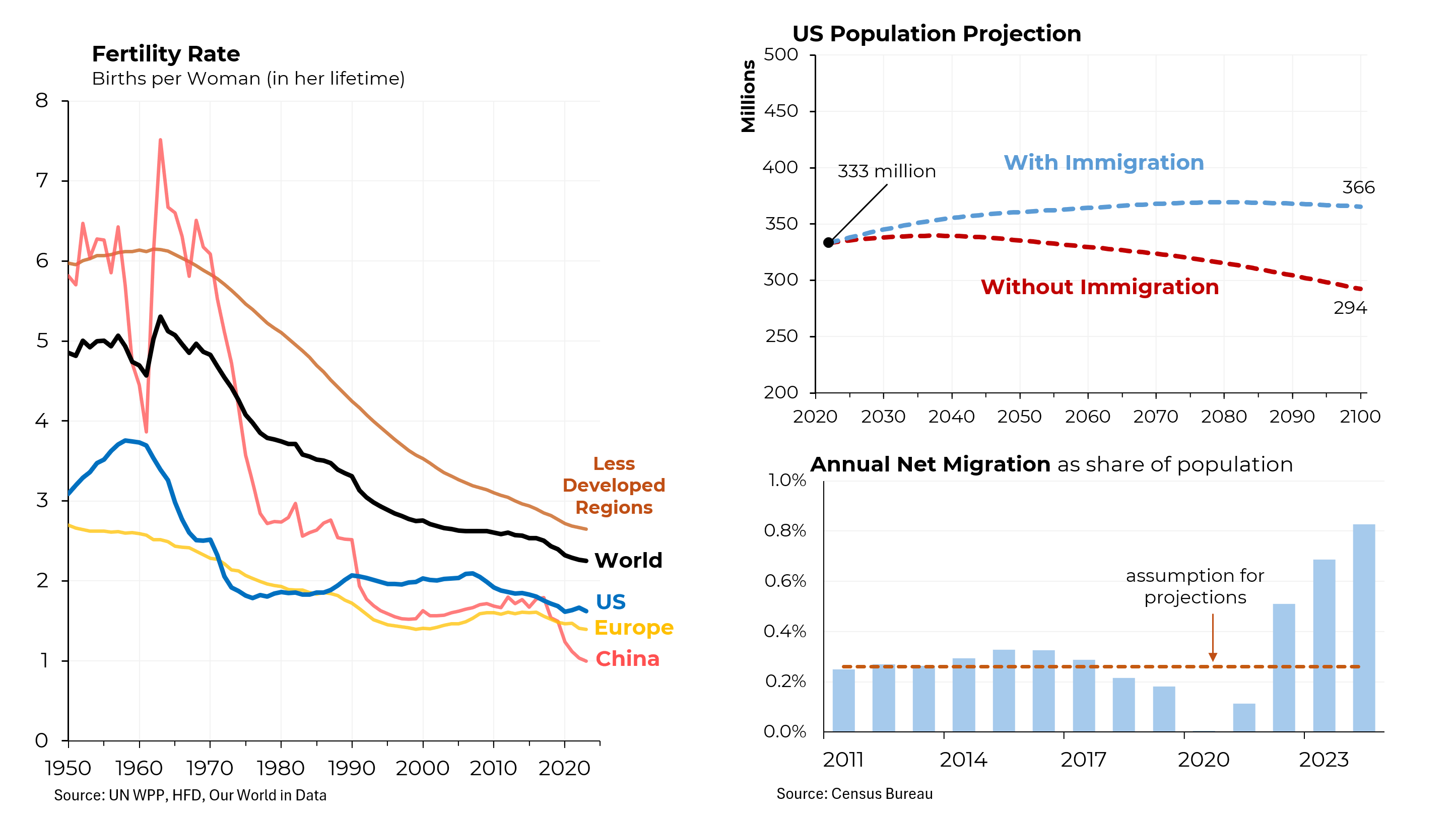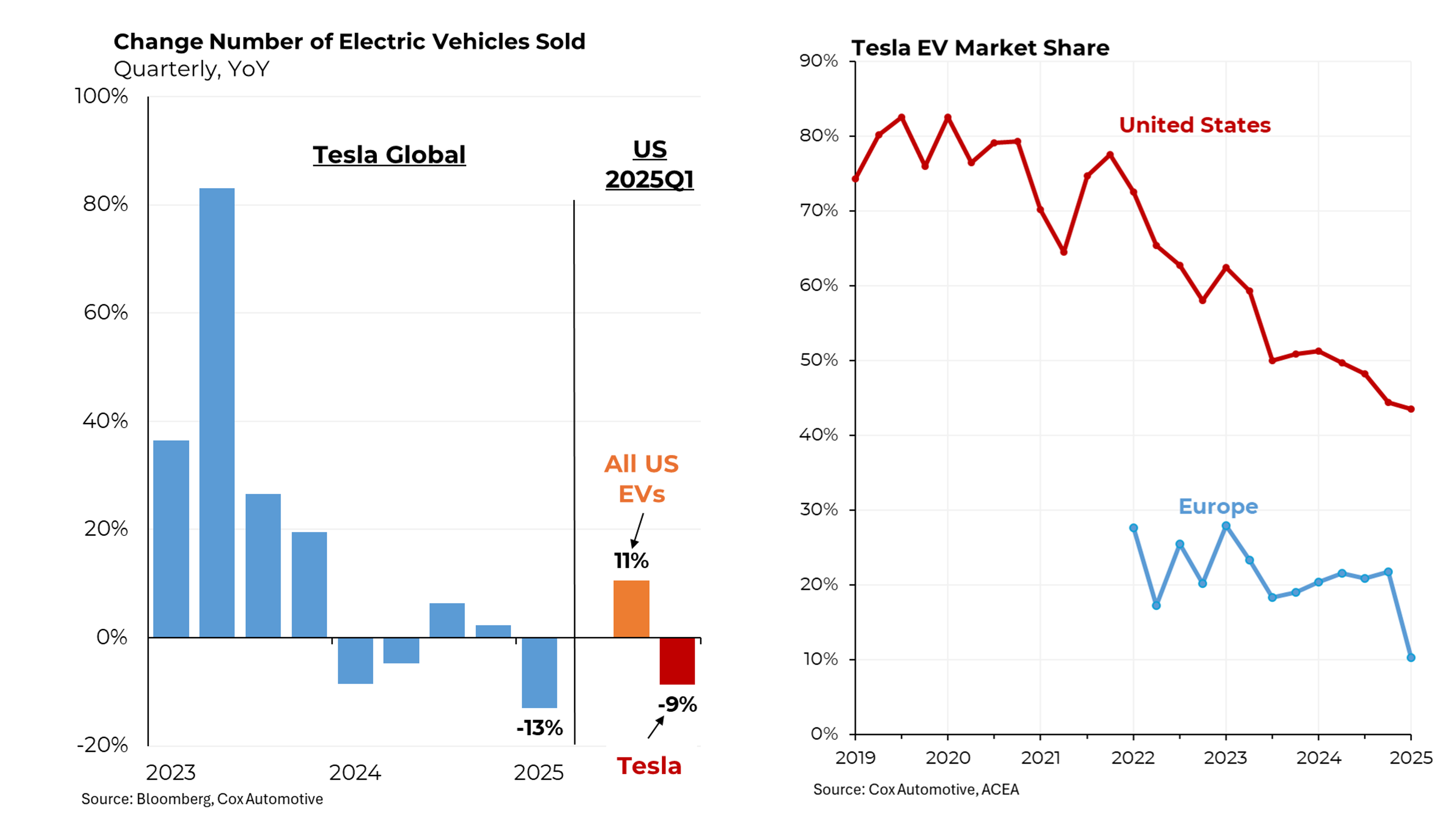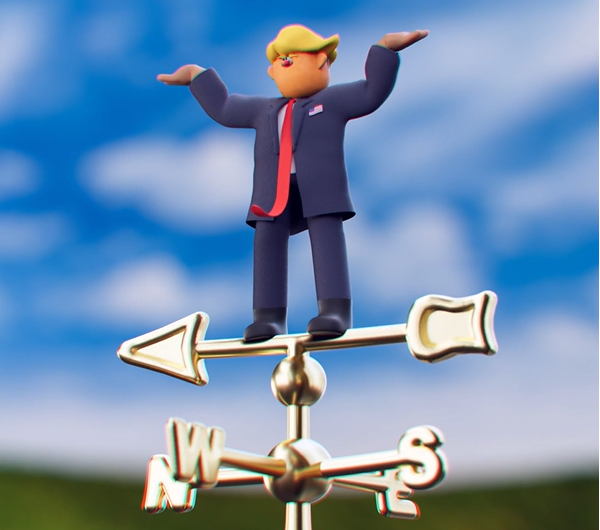Originally published in the Financial Times
In a fusillade of debates and speeches President Barack Obama and his Republican challengers have firmly established the economic policy combat lines for next year. What an electoral battle it will be – a clash of ideologies the likes of which America has not seen in decades.
For his part, via the fresh $447bn stimulus proposal, Mr Obama forcefully reconfirmed his view that more government spending and tax cuts can effectively attack unemployment. That provided the first clear counterpoint in many months to the clamours of Republican hopefuls for the mantle of supreme fiscal hawk, an ambition fuelled by the party’s midterm electoral victory and a drumbeat of supportive opinion polls.
The president’s strong rhetoric notwithstanding, the gaping chasm was opened not so much by Democrats sliding to the left (Mr Obama has, if anything, been criticised by progressives for not being sufficiently interventionist) as by Republicans lurching to the right, as they push radical agendas such as vast rollbacks in social programmes to quickly erase the fiscal gap.
Providing intellectual underpinnings to each side – while lurking mostly out of sight – is the work of long-dead economists. The White House continues to lean heavily on the playbook of economist John Maynard Keynes – without uttering his name. As huge deficits have failed to lift the economy, “Keynes” has almost become a vulgarity in US discourse, in part because a very Keynesian Obama initiative – the 2009 $825bn stimulus (another banished word) – has been widely derided as ineffective.
Republicans have been less coy about their favourite school: Ludwig von Mises and Friedrich Hayek. The quasi-libertarian, anti-statist sensibilities of these philosophers appeal to a public that has soured on government. “I love von Mises,” Michele Bachmann told one interviewer. “When I go on vacation and I lay on the beach, I bring von Mises.”
The two leading Republican contenders – Mitt Romney and Rick Perry – have not matched her public ardour for von Mises. But all told, this crop of Republican candidates is more conservative than Ronald Reagan or any of the party’s standard bearers since Barry Goldwater in 1964. It is also a group that in many ways is more conservative than the Tea Party itself. While 58 per cent of Tea Party members voted for the August deal to avoid a debt default, all of the major hopefuls opposed it. And they want to roll back central government dramatically in every form, from regulation of business to Mr Obama’s healthcare plan.
Mr Perry even advocates returning to state legislatures the right to select US senators, which has occurred by direct election since 1913. The contrast extends even to the Federal Reserve. In August 2009, Mr Obama reappointed chairman Ben Bernanke to another four-year term; today, his challengers vie to see who can be more critical of what they insist has been overly loose monetary policy.
While Mr Perry’s description of Mr Bernanke as “almost treasonous” grabbed headlines, Mr Romney, the most moderate (or least conservative) of the frontrunners, said last week he would not keep Mr Bernanke, a former adviser to President George W. Bush. The Republicans’ rhetoric may work well at the ballot box but their policies lack efficacy. However compelling the merits of long-term deficit reduction, the Keynesian notion of counter-cyclical fiscal policy remains valid. As economists Alan Blinder and Mark Zandi (a former adviser to Republican John McCain) found, the first Obama stimulus saved about 8.5m jobs and may have prevented a depression. Now Mr Zandi calculates the new Obama plan would create 1.9m jobs in the next year and add two percentage points to gross domestic product. The Republican alternative – slamming on the brakes – would have the opposite result.
It is always difficult to prove counterfactuals, such as the meltdown that would have occurred had Washington stayed on the sidelines when the crisis hit in 2008, as all the Republican challengers now argue – to varying degrees – should have happened. But we need not turn the economy into a laboratory. Economics is enough of a science for us to know that immediate harsh deficit reduction, with tightened monetary policy, would surely plunge us back into recession.






